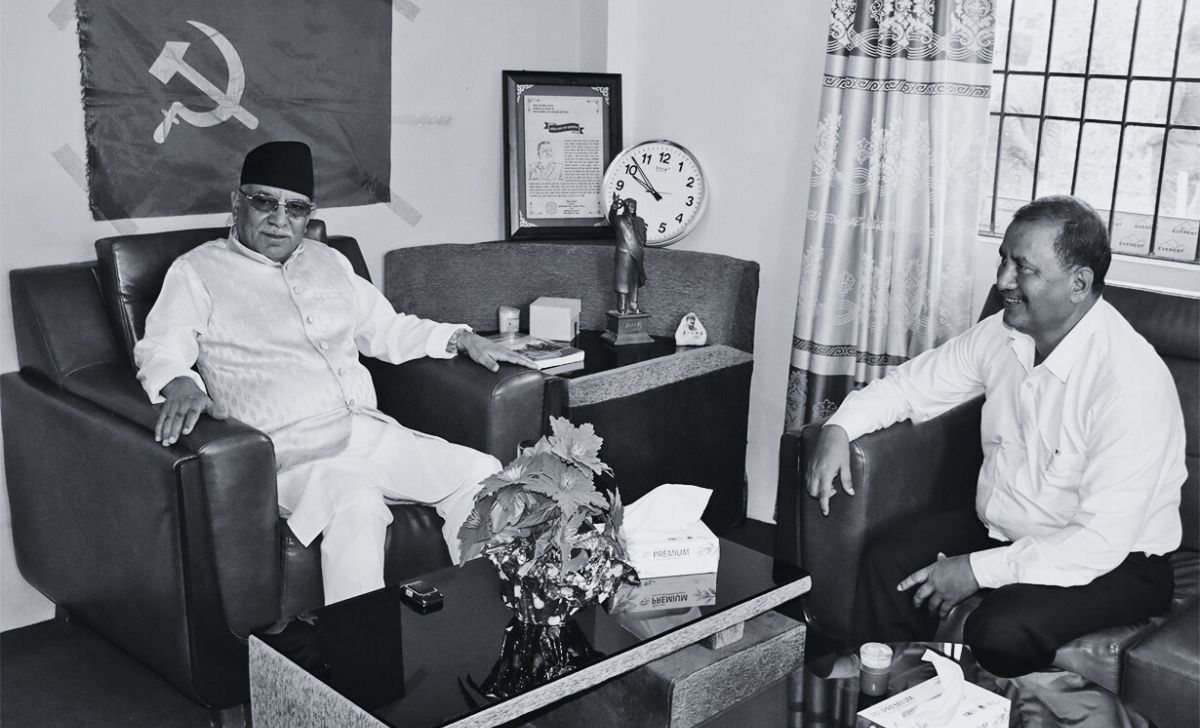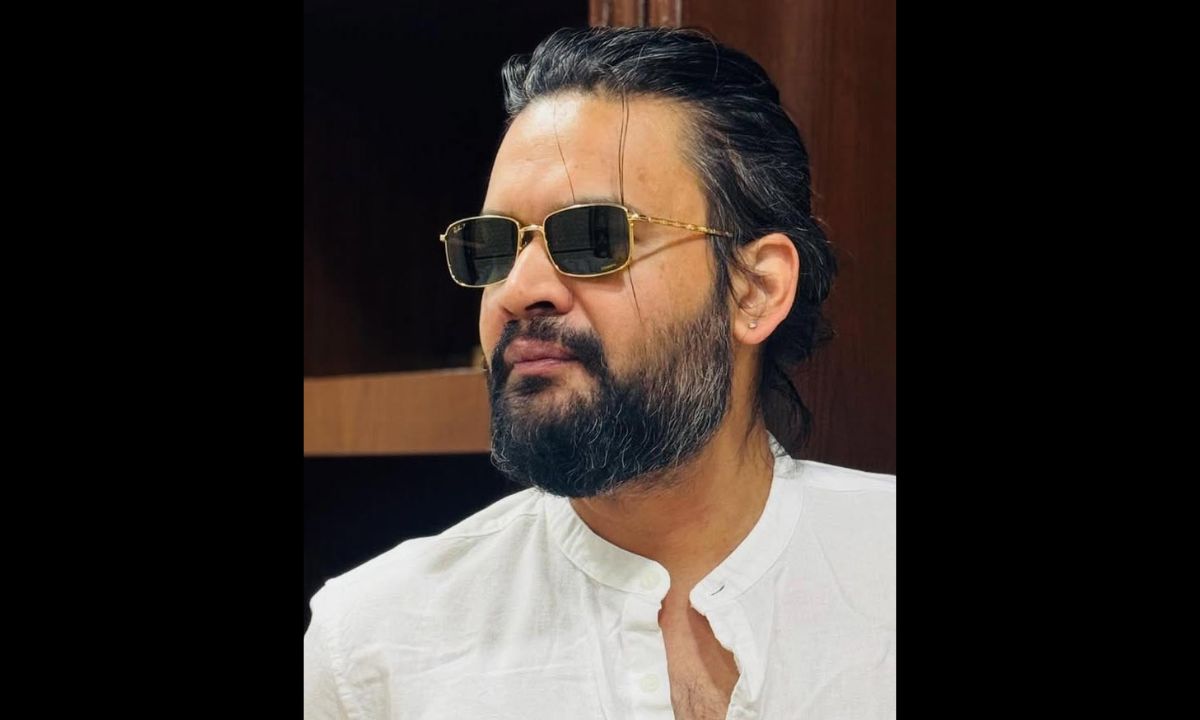Nearly two and a half years ago, Mahesh Raj Dahal, the then Nepali Ambassador to Australia, was recalled to Nepal before completing his tenure. Expressing frustration, he shared that many of his initiatives remained unfinished. Dahal remarked that regardless of whether the appointment was political or diplomatic, ambassadors should not be used for political purposes.
In Nepal, the ambassadorial position often becomes a target of political shifts. Rather than appointing individuals with expertise in the host country’s politics, economy, and culture, political parties commonly divide ambassadorial posts among themselves. This practice leads to frequent changes in ambassadors and limits their ability to focus on long-term goals.
The recent recall of Kailash Raj Pokharel, Nepal’s latest ambassador to Australia, highlights this trend. Pokharel, who assumed the role with hopes of completing his tenure, was brought back to Nepal after just 25 months due to political changes. While taking office, he had emphasized his diplomatic experience despite being a political appointee. However, like his predecessors, he couldn’t fulfill his vision.
Challenges Ahead for the New Ambassador
The government has now appointed Chitralekha Yadav, a Nepali Congress leader, as the new ambassador to Australia. With her appointment approved, she is expected to arrive in Australia soon. However, Yadav faces several challenges, including addressing issues faced by Nepali students and building trust with the growing Nepali multicultural community in Australia.
The embassy’s reputation has been undermined in recent years, and restoring faith among the Nepali diaspora will be one of her primary tasks. Additionally, ongoing delays in constructing the embassy’s new building, despite land acquisition over five years ago, present another hurdle.
Opportunities for Progress
Despite the challenges, there are opportunities for Yadav to leave a positive mark. She can build on recent agreements, such as the Nepal-Australia trade pact and secretary-level mechanisms, and work toward enabling Nepali airlines to operate flights to Australia. Addressing the trade deficit between the two countries through diplomatic efforts could also strengthen economic ties.
The Broader Issue of Ambassadorial Stability
Since 2008, Nepal has appointed five ambassadors to Australia. Except for Rudra Kumar Nepal, who completed his full tenure, most political appointees have been recalled prematurely. This lack of stability undermines the effectiveness of the position and limits the scope of long-term initiatives.
Local community leaders, such as Mahendra Kumar Lamsal, emphasize that Nepali ambassadors face a unique challenge in gaining diplomatic recognition and trust in Australia. Lamsal believes that strengthening the embassy’s reputation among both the Nepali diaspora and Australian authorities will be crucial for the new ambassador.
Chiranjeevi Devkota, chair of the Nepali Journalists Association in Australia, echoes these sentiments. He urges ambassadors to focus on impactful work, leveraging their knowledge and experience to enhance diplomatic, political, and economic ties between Nepal and Australia.
For Yadav, the path ahead will be both challenging and full of potential. Success will depend on her ability to balance political expectations with the demands of a growing and vibrant Nepali community in Australia.




